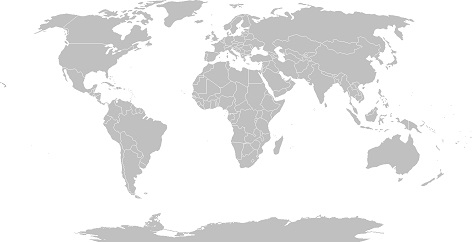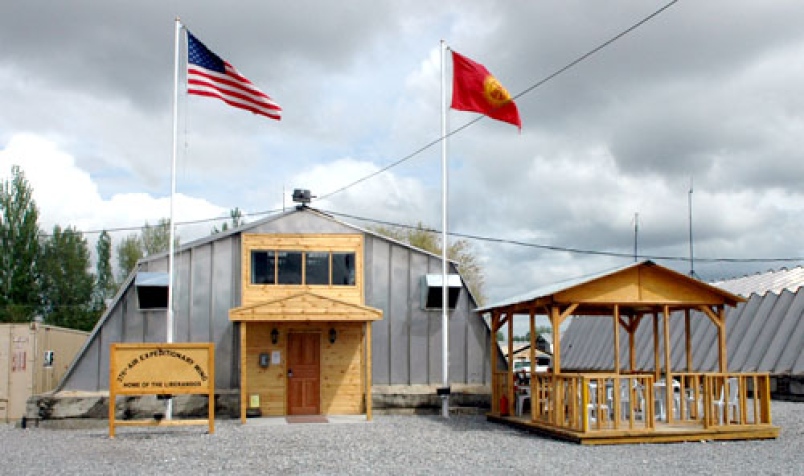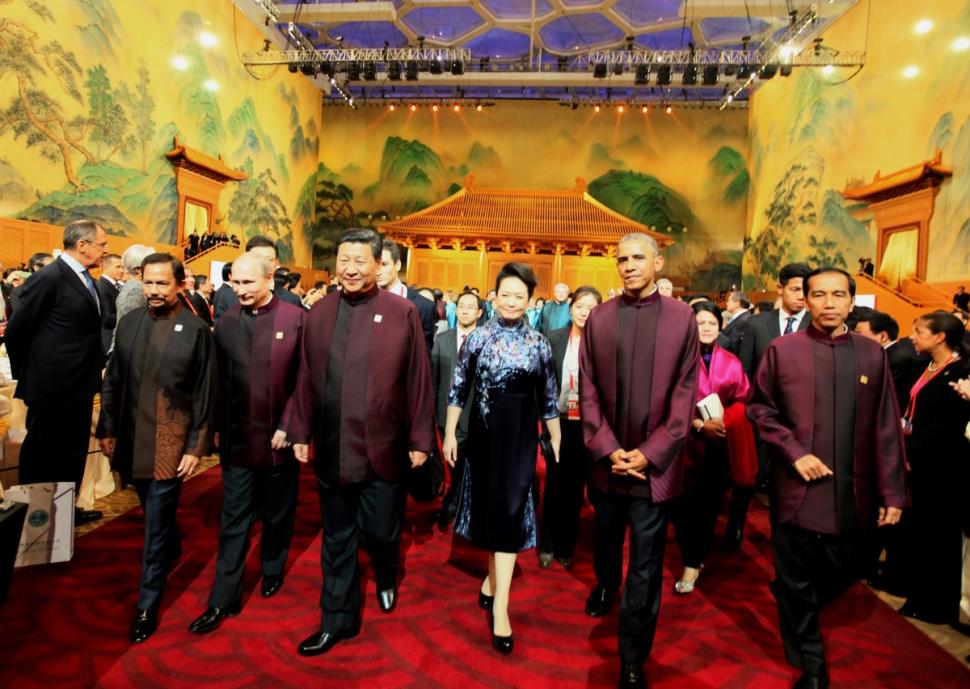By: Kavita Bapat
Friday 18 November marked a decisive shift in Burma’s long-isolated history, as its main opposition leader Nobel laureate Aung San Suu Kyi, agreed to rejoin the country’s political system and US Secretary of State Hillary Clinton became the first high-ranking American official to visit the Southeast Asian nation in over 50 years. The announcement, made at a week-long Association of Southeast Asian Nations (ASEAN) heads of government meeting, is a game-changing moment in the decades long deadlock between the US and Burma. Political commentators caution that this moment is fleeting, thus the West’s acceptance and motions towards bi-lateral engagement are the only hope for change in the formerly isolated nation. This choice was already signalled during Barack Obama’s meeting with new Burmese President Thein Sein at the ASEAN summit. Suu Kyi’s lawyer, Nyan Win, welcomed news of Clinton’s visit, stating that it is “time for the US to make such a high-level, crucial visit.” By sending his chief diplomat to Burma, this week, Obama is taking a calculated political risk in a country where repression is still widespread. The President claims that the current political climate has offered a rare opening that could aid millions of people and “that [the] possibility is too important to ignore.” Following initial talks this week with Secretary of State, Hillary Clinton, Aung San Suu Kyi said she was hopeful that Burma will get on to “the road to democracy”, but added that the country is “not on that road yet.”
President Obama made clear America’s interest in the new Burmese government’s continuing reforms, including: the release of political prisoners, the creation of a democratic environment without intimidation, and open electoral laws. These reforms freed Suu Kyi from detention and enabled her to establish an influential role in the public sphere. Burma’s new parliament seems to be willing to make incremental reforms, having recently publicized lively debates, submitted to critical media coverage, and allowed for the release of a third of its political prisoners. Suu Kyi welcomed developments that have allowed her party, the National League for Democracy (NLD), to stand in the national elections. Suu Kyi claimed, however, that more reforms must be undertaken, particularly stressing the need for all political prisoners to be freed. Commenting upon her statements, Secretary of State Clinton said that it was wise of Suu Kyi to take advantage of the Burmese reforms, but that ongoing actions from Burmese authorities were required. Clinton added that there has to be “a momentum behind reform and [the US] is waiting and watching for that.” Currently, the Burmese government still holds hundreds of political prisoners and continues to be plagued by ethnic conflict.
Burma is currently bound by wide-ranging political, economic, and trade sanctions from the US and other Western states. Sanctions were initially imposed in response to the Southeast Asian state’s brutal crackdowns on pro-democracy protesters in 1988 and 2007, and its unwillingness to hand over power to the NLD following the 1990 elections. The aforementioned elections were a turning point in Burmese history, as the NLD had won by a landslide, but the military junta refused to acknowledge the result and the party could never take power. The military handed over power to a civilian government last year. Political analysts claim, however, that the army’s dominance remains entrenched in the nation’s constitution.
Before visiting Burma, Secretary of State Hillary Clinton stated that while there is currently a window of opportunity for a democratic push in Burma, the US will be proceeding with caution. Clinton stated “we’re not ending sanctions. We’re not making any abrupt changes.” Senior officials in the Obama administration said that the US still wishes to see more actions toward reform from Burma, including serious internal diplomacy between warring ethnic groups and the government, the release of more political prisoners, and further assurances regarding relations with North Korea. Thus far, the administration’s policy towards Burma has focused on incentives and punishments to motivate the nation’s rulers to better the country’s dismal human rights conditions. Though the US has imposed new sanctions on Burma, it has made clear that it is open to further relations if the situation continues to improve.
An American foreign policy engagement with Burma would bolster Obama’s objectives of regaining influence in Southeast Asia. Burma’s top military officials have traditionally held close ties to China, but Burmese-Chinese relations have recently become strained, due to Burma’s long history of resentment and fierce public opposition to a Chinese-built dam at Myitsone. In fact, this negative public opinion led President Sein to suspend the project last month, a move that left Beijing stunned. At present, China has invested billions of dollars into Burma for mining, gas and oil pipelines, and timber extraction. Officials from the Obama administration have stressed that renewed engagement with Burma does not concern China. Beijing, however, remains wary of the increasing US regional influence, especially concerning the nations bordering its southeast flank.
In fact, just three days prior to Clinton’s visit, the chief of Burma’s army was met in Beijing by China’s vice-president Xi Jinping. The leaders spoke of strengthening the “comprehensive strategic partnership of co-operation” between the two nations. Hillary Clinton’s arrival in Burma after decades of Western-imposed sanctions and isolation has proved a defining moment for not only the state, but the region more generally. With the US seeking to bolster its Southeast Asian alliances in the face of a rising China, Burma is left hedging its bets on who will win the new “Great Game.”
Further Reading: Changes in Myanmar; Hillary Clinton Arrives in Burma; Burma on the Brink; Hillary Clinton Burma Visit: Suu Kyi Hopeful; Clinton Pledges Improved Burma Ties if Reforms Continue
Disclaimer: Any views or opinions expressed in this article are solely those of the author and do not necessarily represent those of the NATO Council of Canada.



